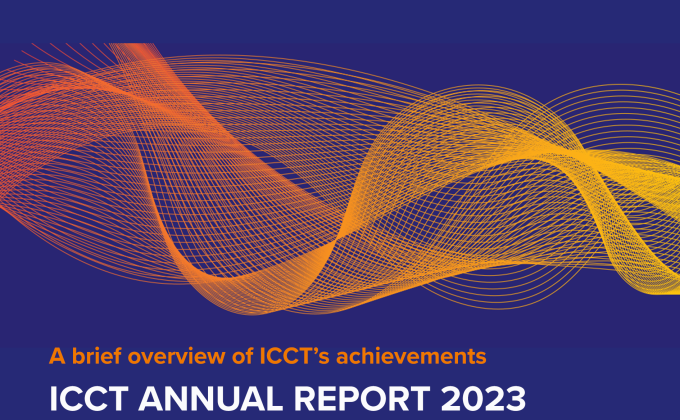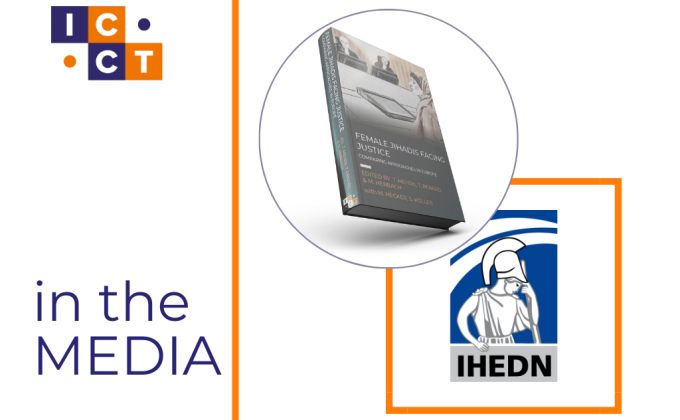This Policy Brief focuses on the Dutch approach to dealing with extremist offenders. It addresses the general evolution of the terrorism threat landscape and the corresponding Dutch national counter-terrorism response. More specifically, it addresses the legal approach to the population of terrorist offenders, the development and evolution of the prison regime, and the policies that are in place to rehabilitate and reintegrate this population. It provides an overview of the two Dutch Terrorist Wings (terroristen afdeling (TA)), de Schie and Vught, which utilise the concentration model when housing extremist offenders and the benefit of such a model versus one that disperses extremist offenders amongst the general prison population. With a shift in the way that Dutch agencies view the TAs and their ability to manage and monitor the offenders, TAs are now given their due credit as key players in the realm of rehabilitation and reintegration. Policymakers have acknowledged that what happens during and after incarceration is just as important as the steps taken before a terrorism-related incident occurs. Finally, this Brief provides an assessment as to where we stand in the Netherlands today, given the terrorism threat landscape, and the policy choices that have been made from the perspectives of prosecution, rehabilitation, and reintegration.
Back to publications
Policy Brief
26 Feb 2020









